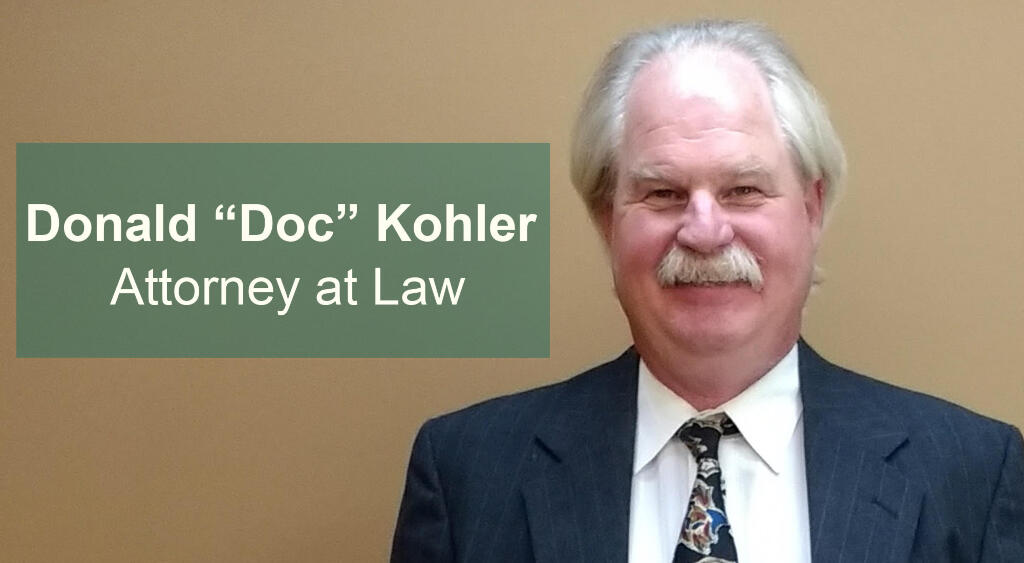
Before earning his law degree in 1998, Mr. Kohler graduated from Metropolitan State University in St. Paul, MN, with a BA in Communications in 1991. Prior to and while going to school, he worked at United Parcel Service.
LEARN MORE ABOUT DON KOHLER
TRUST AND ESTATES NEWSLETTERS Bank Account Co-Ownership Myths One confusing aspect of estate planning is the numerous myths about the co-ownership of bank accounts. The different types of bank accounts are often confused with the standard forms of property co-ownership. This article discusses some of the myths about the co-ownership of bank accounts. Executors -- Steps Prior to Opening the Estate The terms "executor," "administrator," and " personal representative" are all synonyms for someone who is legally responsible for managing the estate of a person who has died. The position of executor may be filled by a specific person named in the decedent's will or, if the decedent did not make a will, by someone whose relationship with the decedent makes him the legally responsible party (i.e., parent or spouse). The position can be refused. Guardianship or Conservatorship, Generally Most people have legal control over themselves and their property. They are able to act on their own behalf. But when a living person is unable to protect or care for himself or herself, or for his or her property, because of old age, illness, or other disability, the law of guardianship (or conservatorship) permits the appointment of a competent person to protect and care for the incompetent person and/or manage the incompetent person's property. Inheritance Without Planning Means No Changing the Default Plan When a person dies intestate (without making and leaving a will), each state provides a default plan (usually known as the statute of descent and distribution) under which his or her net estate is disposed. When a person dies intestate, there is no changing the default plan. The default plan's sequences for determining who inherits and how much can not be changed. This article discusses the disadvantages of descent and distribution related to that inability to change who inherits and how much. Medicaid Trusts Medicaid is a needs-based (welfare) benefit program administered separately by each state, but funded in part by the federal government and in part by each state. A person qualifying for Medicaid is allowed to have only a minimal amount of assets, other than a home. Although each state may have certain differences in its particular Medicaid regulations, each must follow certain basic federal guidelines in order to be eligible for the federal subsidy. One of those guidelines is the waiting period imposed on a person who transfers assets and later applies for Medicaid benefits. |
